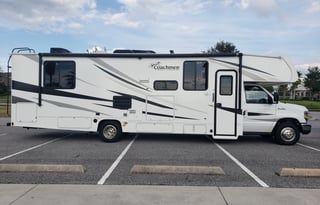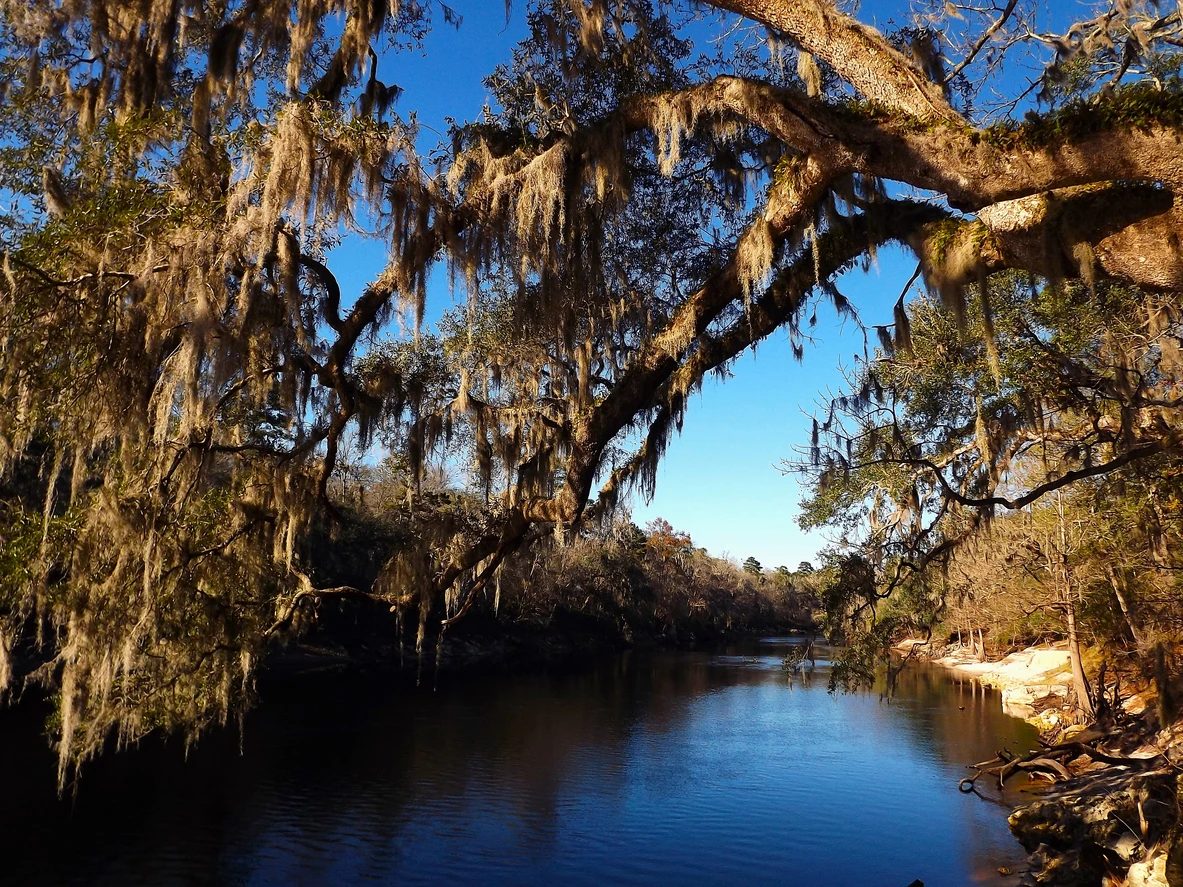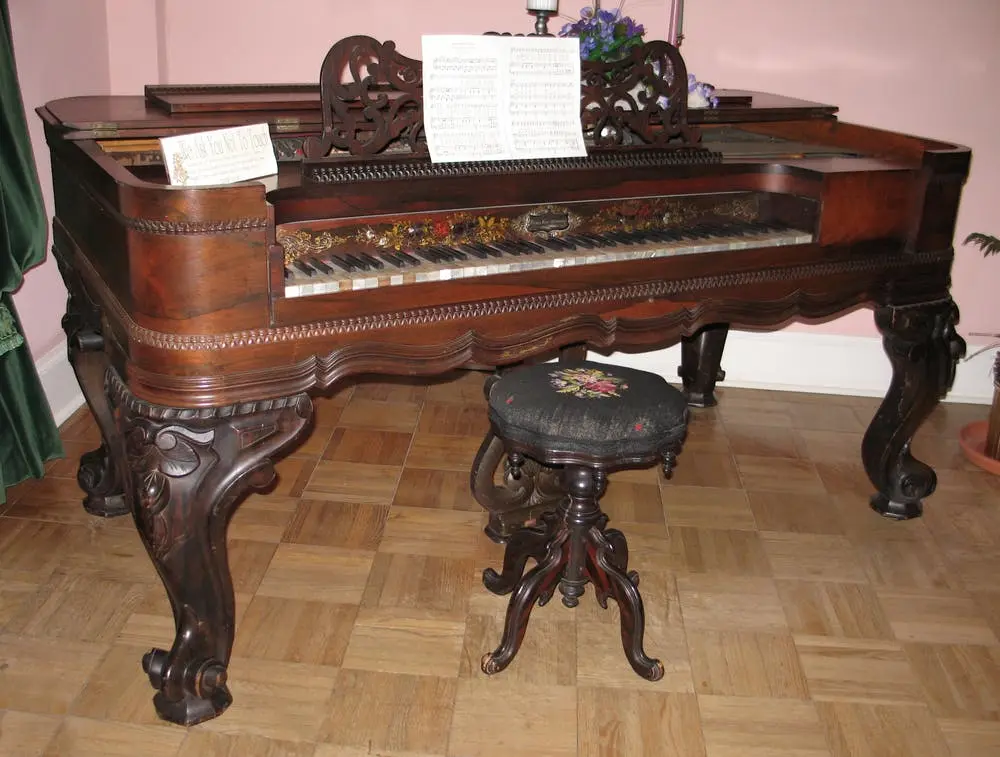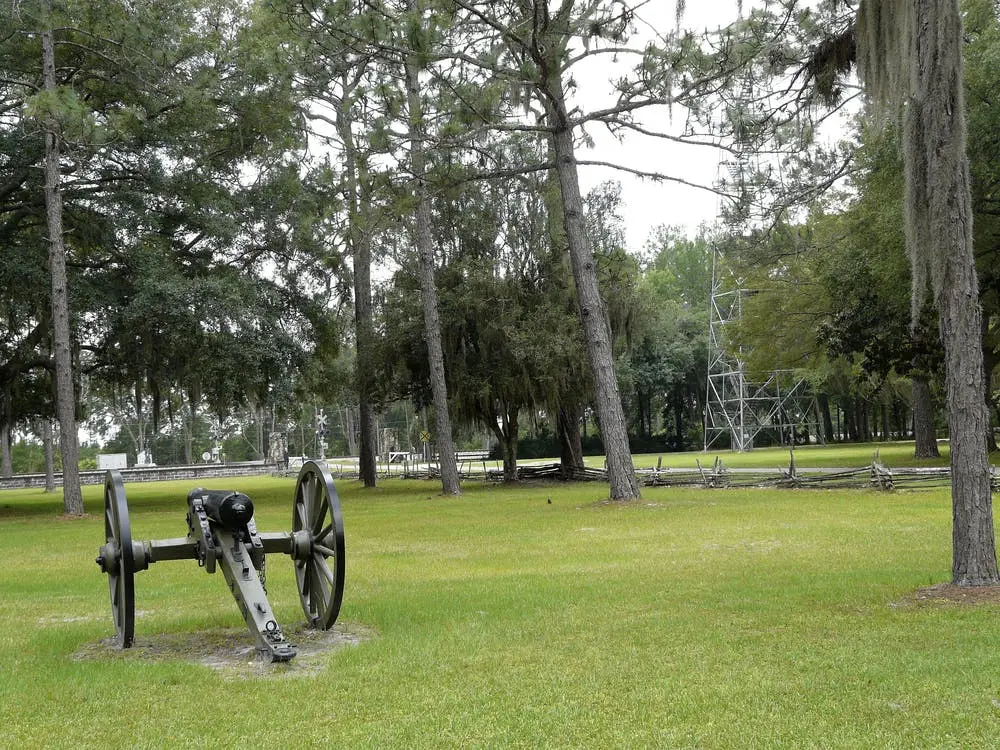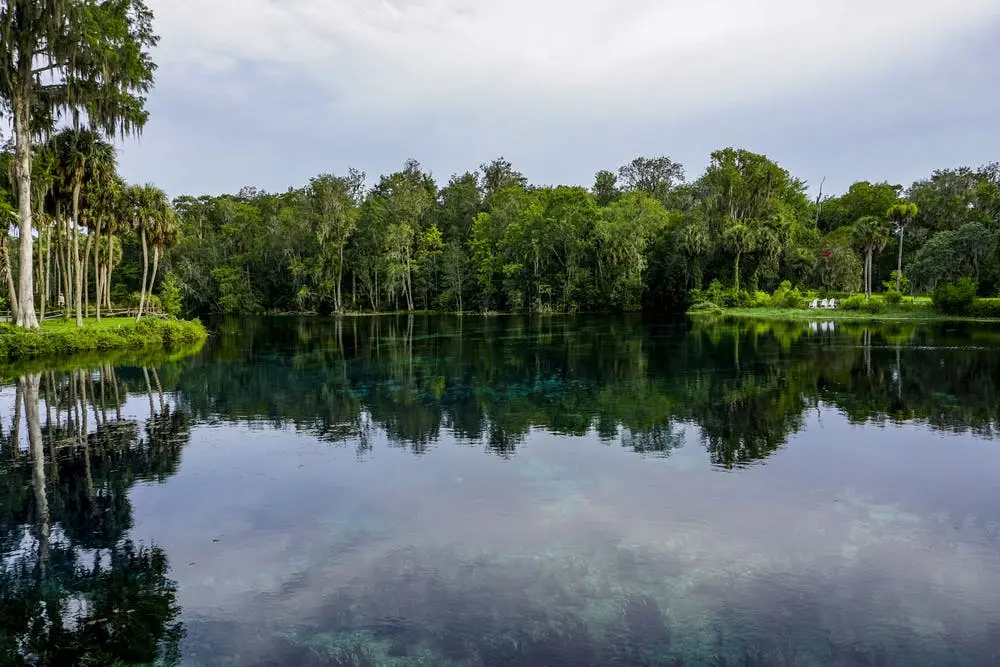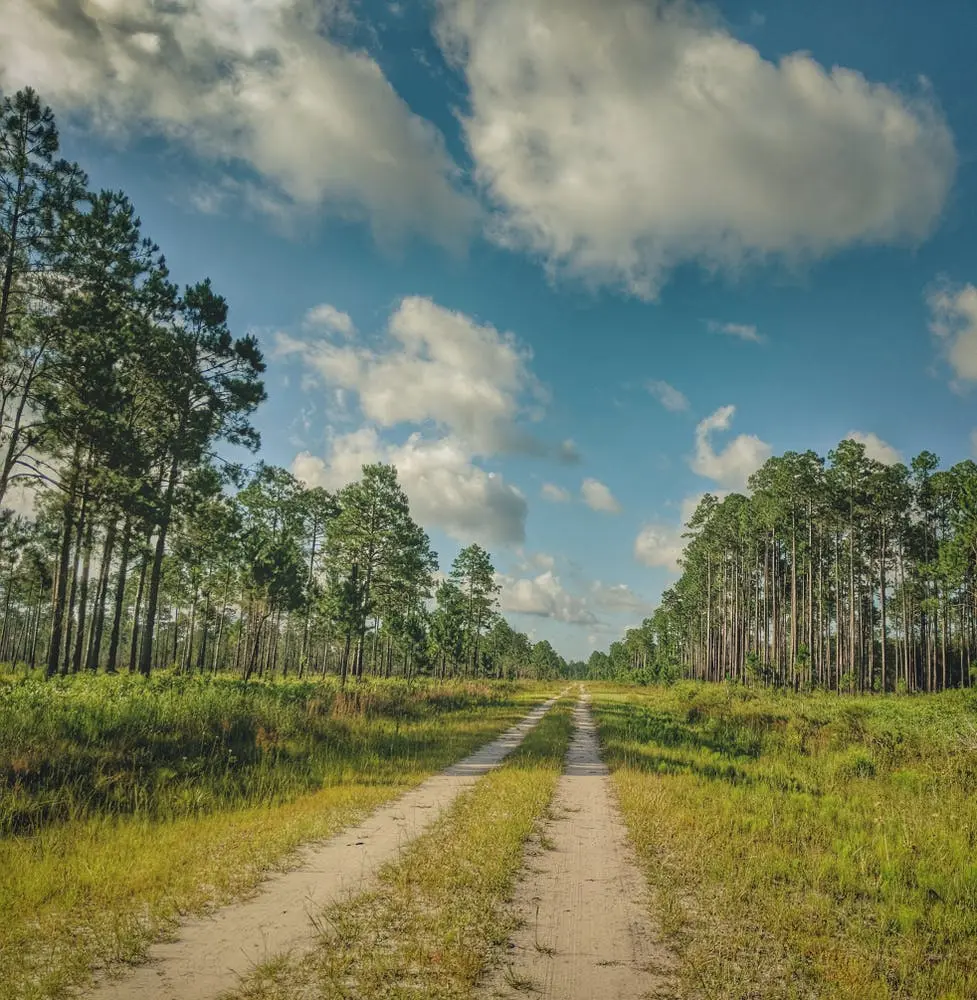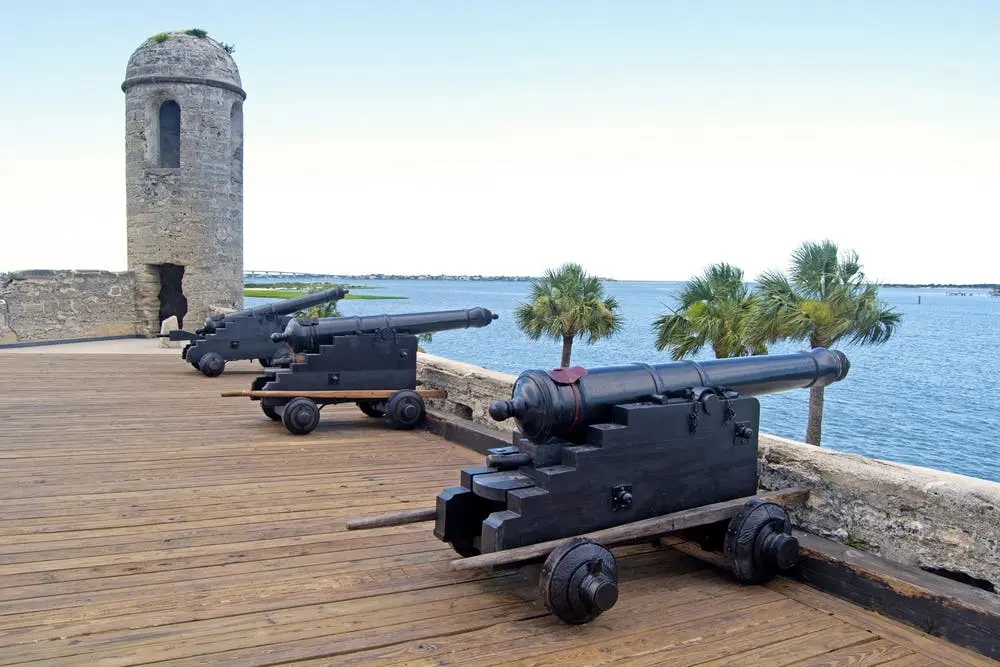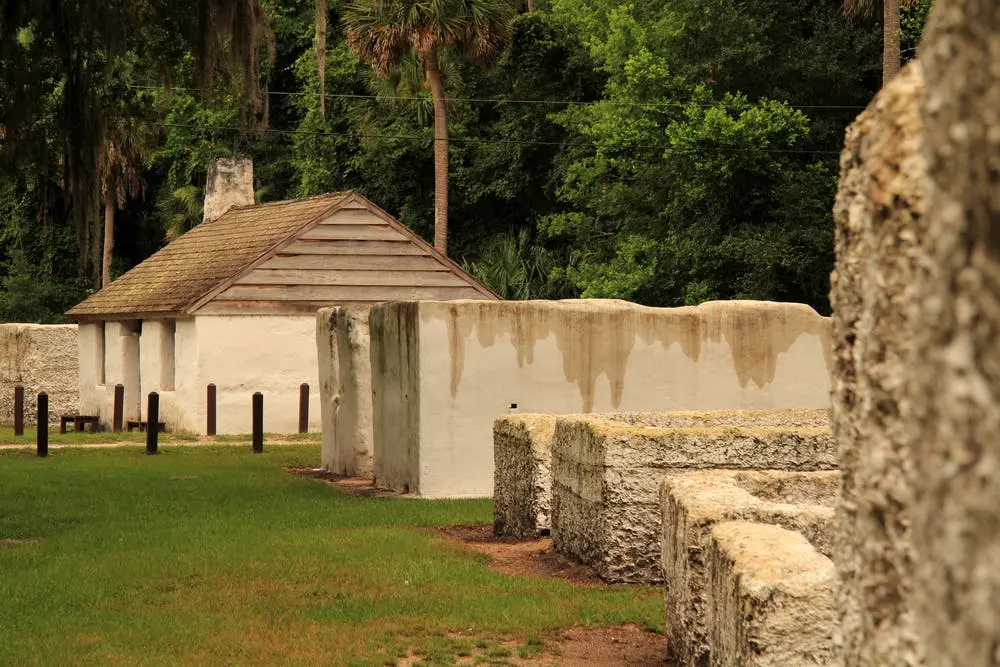Class C RV Rentals in Cross City, FL



Browse motorhome by RV Class in Cross City, FL
Browse towable by RV Class in Cross City, FL
Fifth Wheel
Attaches to a tow vehicle via a gooseneck extension in the truck bedView all Fifth Wheel rentals in Cross City
Travel Trailer
Trailer options exist for every kind of SUV or pickup tow vehicleView all Travel Trailer rentals in Cross City
Popup
Can be towed by ordinary passenger vehiclesView all Popup rentals in Cross City
Toy Hauler
Can be towed by many SUV or pickup tow vehiclesView all Toy Hauler rentals in Cross City
Popular RV Searches in Cross City, FL
Cheap
Under $100 per nightView all Cheap rentals in Cross City
Affordable
$100 - $250 per nightView all Affordable rentals in Cross City
Luxury
Above $250 per nightView all Luxury rentals in Cross City
Delivery
Owners that deliverView all Delivery rentals in Cross City
Pet Friendly
Bring your furry friendView all Pet Friendly rentals in Cross City
Manatee Springs State Park offers guests the opportunity to savor nature’s beauty. Many people visit the park every year to experience its over 300 springs. The Suwanee River is open for boating, canoeing, fishing, and swimming. You can also explore its 8.5 miles of hiking trails that wind through upland areas and around cypress swamps and sinkhole ponds.
Suwannee River State Park provides opportunities for plenty of outdoor fun. The park has tens of miles of biking trails. Its proximity to the Suwannee River and Withlacoochee River makes it a paradise for water-leisure activities. Exploring the sunny pine forested areas will take you through Confederate earthworks.
Stephen Foster Folk Culture Center State Park near Winfield and Lake City is a great place to learn about Stephen Foster and his music. The park also hosts Florida Folk Festival, the longest-running folk festival sponsored by a state in the U.S. You'll be able to enjoy boating, hiking, and picnicking at the park.
National Forests Near Cross City, FL
Explore the Fort Caroline National Memorial, which preserves the memory of a doomed group of colonists whose plans in Florida did not go as intended. While in the area, hike its trails and participate in water-based activities on St. John’s River.
Drive to St. Augustine to see the Castillo de San Marcos National Monument, the oldest masonry fort in the U.S. Besides learning about the area’s history and culture, you will get to hike its trails and explore its historical sites.
Timucuan Ecological and Historic Preserve conserves pristine coastal wetlands. You will love the area's scenic dunes and salt marshes.
Williston Crossings RV Resort has many amenities, including trails, a swimming pool, and tennis courts. It has clean RV sites with showers, free Wi-Fi, and full hookups. Grand Lake RV and Golf Resort is on the shores of Orange Lake and features a dog walk area and a fitness center. It offers 423 sites, costing $33 per day, $198 per week, and $621 per month. Paynes Prairie Preserve State Park boasts a fishing pier, a boat ramp, and trails. It has clean restrooms and ample trailer parking spaces.
RV Rentals Near Cross City, FL
Frequently Asked Questions About Renting a Class C RV Near Cross City, FL
How do I properly navigate and park a Class C motorhome rental in urban areas or tight spaces in Cross City, FL?
When navigating and parking a Class C motorhome rental in urban areas or tight spaces, it's important to take your time and plan your route beforehand. Familiarize yourself with the dimensions of the motorhome and the height and width restrictions of the roads you'll be traveling on. When it comes to parking, look for designated spots or parking garages that can accommodate the size of your RV. Always pay attention to signage and be aware of any towing restrictions in the area.
Do I need to know any weight or height restrictions when driving a Class C motorhome rental in Cross City, FL?
Yes, it's important to be aware of weight and height restrictions when driving a Class C motorhome rental in Cross City, FL. Many bridges and overpasses have low clearance levels that may not accommodate the height of your RV. Additionally, be mindful of the weight of your vehicle and ensure that you're not exceeding any weight limits on the roads you're traveling.
How do I properly level and stabilize a Class C RV rental at my campsite or RV park, and what equipment or tools do I need for this?
Discuss your specific campsite with the RV owner to determine if any leveling equipment is necessary. If so, they will walk you through how to set it up safely.
What kind of maintenance or upkeep do I need to perform on a Class C motorhome rental during my rental period?
During your rental period you are not responsible for maintenance. Treat the RV with care and maintain cleanliness during your trip.
Can I bring my bicycles or other outdoor equipment to use with the Class C motorhome rental, and what storage options are available for these items?
Yes, you can bring your bicycles or other outdoor equipment to use with the Class C motorhome rental. Many RVs have storage compartments or racks that can be used to store bikes, kayaks, or other outdoor gear. Check with the RV owner to see what storage options are available and how much weight they can accommodate.
What fuel efficiency considerations do I need to consider when driving a Class C motorhome rental, and how can I minimize the impact on my fuel costs?
Class C motorhome rentals are generally less fuel-efficient than smaller vehicles, so it's important to be mindful of your fuel usage. To minimize fuel costs, try to stick to slower speeds and avoid idling or rapid acceleration. Planning out your route ahead of time can also help you save fuel by avoiding unnecessary detours or backtracking.
Can I bring my entertainment equipment or appliances for the Class C motorhome rental, such as a portable grill or music player?
Yes, you can bring your own entertainment equipment or appliances to use with the Class C motorhome rental. However, be sure to check with the RV owner beforehand to ensure that the RV is equipped with the necessary outlets or connections to use your equipment. Additionally, be aware of any safety hazards, such as using portable grills near the RV, and take appropriate precautions.
Are any particular features or amenities available in Class C motorhome rentals that may not be found in other RVs in Cross City, FL?
The features and amenities available in Class C motorhome rentals can vary depending on the make and model of the RV. Some common features that may be available in Class C motorhome rentals include kitchenettes, bathrooms with showers, and additional sleeping areas. Check with the RV owner to see what features and amenities are included in their particular rental.
How do I correctly set up and use the kitchen and bathroom facilities in a Class C motorhome rental, and do I need to know any specific maintenance or cleaning considerations?
The RV owner will familiarize you with how to use the facilities. Take note of where the water and electrical hookups are located, and make sure to follow any instructions or guidelines provided by the RV owner. When it comes to cleaning and maintenance, be sure to follow proper procedures for disposing of waste and using cleaning products that won't damage the RV's plumbing or fixtures.
